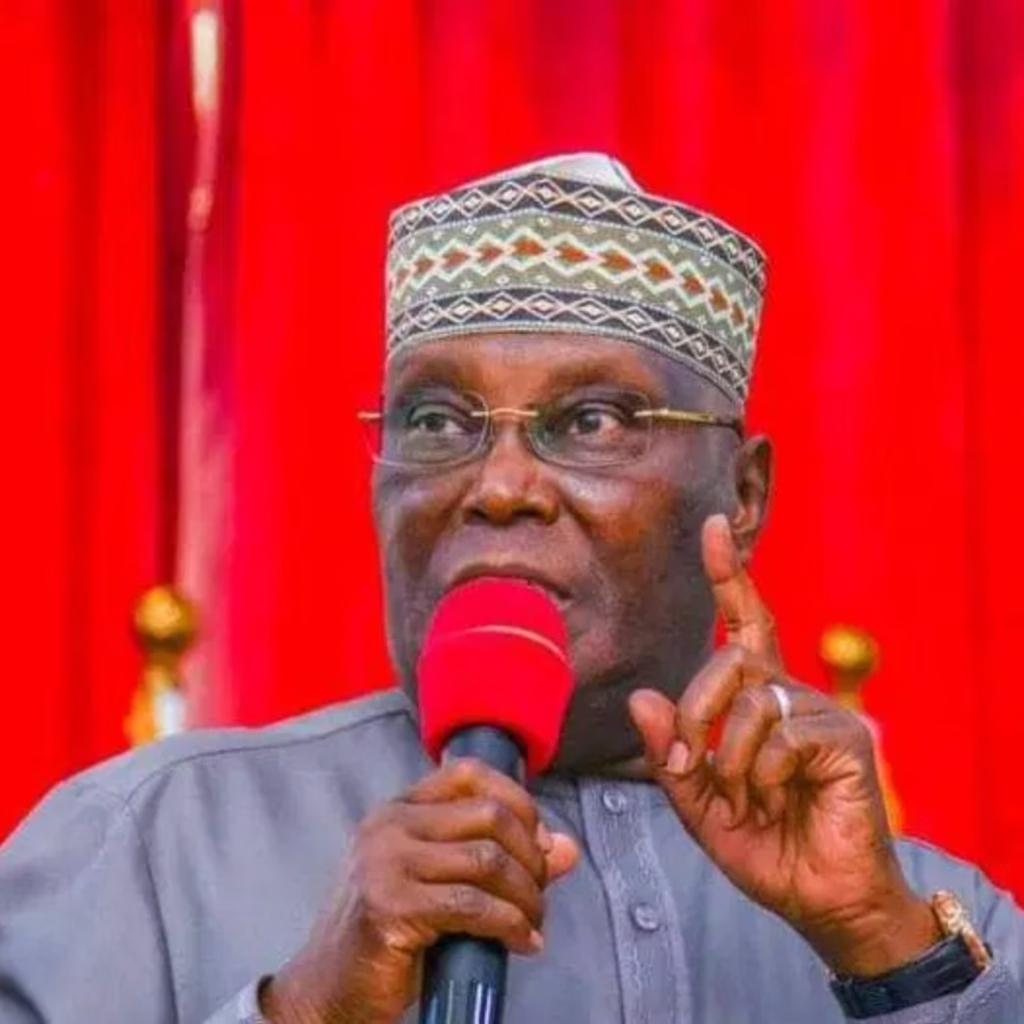The recent detention and alleged assault of Nigerian activist Omoyele Sowore by police officers has drawn sharp criticism from prominent political figure Atiku Abubakar, who labeled the incident an abuse of state power. In a statement shared on his verified Facebook page Thursday, the 2023 presidential candidate for Nigeria’s opposition Peoples Democratic Party (PDP) condemned the actions of the Inspector-General of Police (IGP) Monitoring Team, calling the treatment of Sowore “shameful, unlawful, and a personal vendetta.”
Sowore, a veteran human rights campaigner and founder of the investigative outlet Sahara Reporters, reportedly sustained injuries including a broken arm and chemical exposure during an early-morning altercation with officers. The clash occurred after he responded to a police summons linked to a petition allegedly originating from the IGP’s office. Abubakar asserted that Sowore’s sole “offense” was his longstanding criticism of government corruption, inequity, and poor governance—a stance central to his work as a journalist and activist.
The former vice president raised concerns about the dual role of Nigeria’s top police official in the case, stating, “No police officer shall institute legal proceedings in his own personal interest or in connection with matters arising from public duties.” He emphasized the conflict of interest in the IGP acting as both complainant and enforcer, adding, “This is not just about Sowore. It is an attack on every Nigerian who speaks the truth.” Abubakar demanded Sowore’s immediate release, urging authorities to halt what he described as the weaponization of law enforcement against dissent.
The incident has reignited debates about press freedom and civil liberties in Africa’s most populous nation, where activists and journalists frequently face legal challenges under contested circumstances. Sowore, a former presidential candidate himself, has been detained multiple times over the past decade, with advocacy groups like Amnesty International repeatedly calling for investigations into alleged rights violations during his arrests.
While Nigerian police have yet to issue a detailed public response to the allegations, the case underscores growing scrutiny of security agencies’ conduct under President Bola Tinubu’s administration. Analysts note the timing coincides with heightened social tensions over economic reforms and concerns about shrinking civic space. Abubakar’s intervention, as a key opposition voice, amplifies pressure on authorities to address transparency in judicial processes and police accountability—a challenge with implications for Nigeria’s democratic trajectory.
